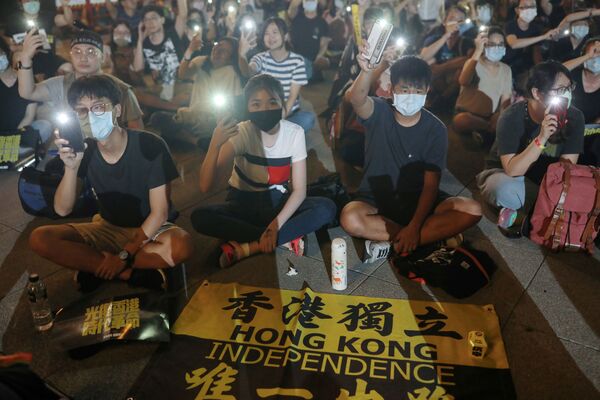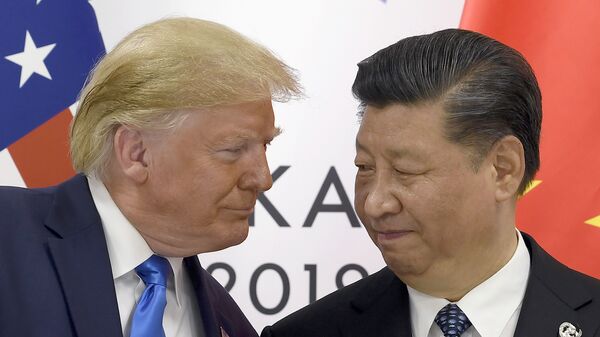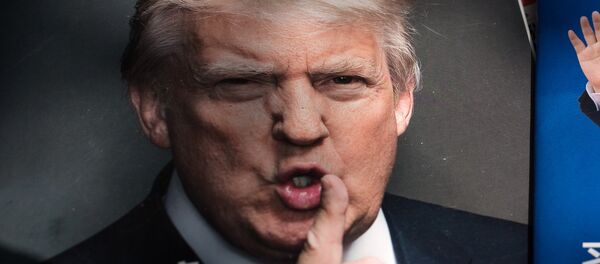Beijing has started to "quietly" warn Washington that the country's purchases under the "Phase One" trade deal, which include American agricultural products, could cease if the US crosses "red lines" – that is, meddles in issues that the Chinese government deems "off limits", The Wall Street Journal reported. The media outlet said, citing anonymous officials, that China's top diplomat, Yang Jiechi, relayed this warning to the American delegation led by Secretary of State Mike Pompeo.
"The US side should refrain from going too far with meddling. Red lines shouldn't be crossed", an anonymous Chinese official told the WSJ.
Among the issues that are sensitive for Beijing are US meddling in the situation in Hong Kong and its ties with Taiwan. The US has namely condemned China's initiative to introduce a bill prohibiting activities directed at dividing the country on the territory of the island, which enjoys broad autonomy and separate laws. American lawmakers have passed a bill to impose sanctions on people or companies somehow aiding Beijing in its alleged efforts to limit Hong Kong's autonomy.

Washington also maintains relatively close ties to Taiwan – an island that China considers part of its own territory, but which it is currently not controlling. The US has been discussing a weapons sale with the island and has been pressuring China to allow Taiwan to be represented in the WHO as a separate state. This line of behaviour directly contradicts the "One-China policy", adopted by the US and the majority of the international community in the past, Beijing argues.
Future of Trade Deal
The "Phase One" deal became the first step for the US and China towards normalising trade relations, which have been troubled by a trade war that was initiated by Washington in 2018. Back then, Trump introduced hefty tariffs on Chinese goods under the pretext that Beijing was abusing the existing trade relations with the US.
The agreement was supposed to lead to a comprehensive trade deal between the two states, but its future has been questioned lately, as relations between the two countries have soured in the wake of Trump's accusations regarding the coronavirus pandemic's origins and the alleged theft of American intellectual property by Chinese companies.
POTUS has namely claimed, without providing any evidence, that the virus was inadvertently released from a Wuhan biological laboratory, where it was being experimented on. Trump also accuses Chinese authorities of hiding information about the true scale of the initial COVID-19 outbreak, including the fact that it could transfer from human to human. Beijing denies both allegations.




